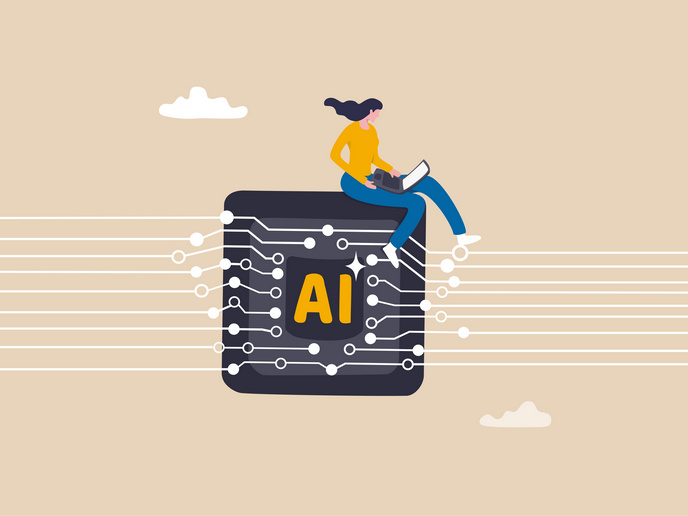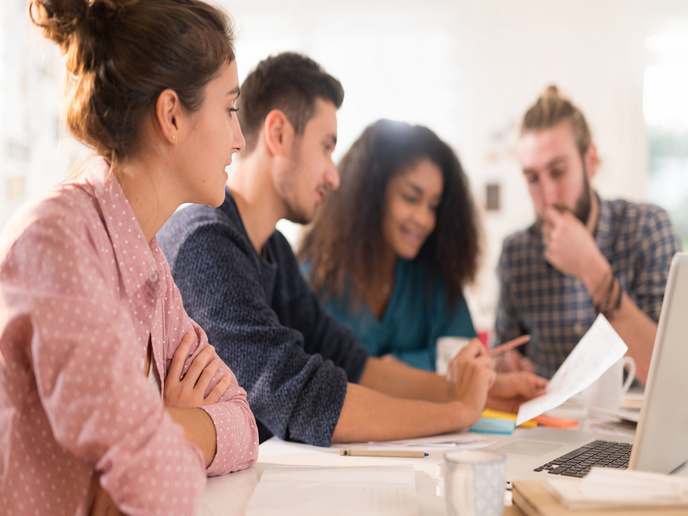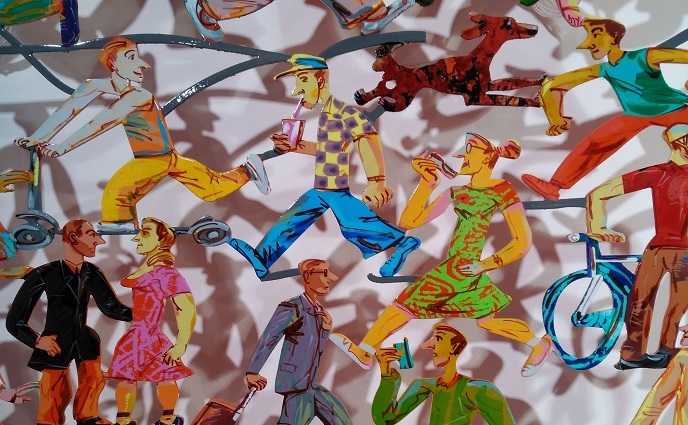Education practices to develop the next generation of change-makers
In providing the right employability skills for young people – thereby reducing poverty and social exclusion – European education systems have faced several challenges recently, most prominently digitalisation, economic austerity and the COVID-19 pandemic. While predicting the skills needed is difficult, socio-economic forces suggest that entrepreneurship, innovation, creativity, problem solving, communication and teamwork will be key. Aware that educational changes need to be based on new ways of teaching and learning, the EU-funded NEMESIS (Novel Educational Model Enabling Social Innovation Skills development) project designed a Social Innovation Skills Model to help young people become change-makers. The methodology is participatory and leverages open technologies to increase educational access. “Based on a needs analysis with teachers, our approach includes practical learning tools and materials to introduce social innovation into the curriculum,” says project coordinator, Aristidis Protopsaltis. “After evaluation in real conditions, it has proven effective in supporting the competences necessary for productive and engaged citizens.”
Competencies, content and collaboration
NEMESIS developed a framework of 13 competences necessary for social innovation. These fall under three interlinked categories: identifying opportunities to create social value; building collaborations and forming relationships for transformation; and taking concrete actions. “Our approach developed projects with students through ‘co-creation labs’. These benefitted from the involvement of over 100 social innovation practitioners (SIPs) representing a wide range of stakeholders including non-profits, local authorities, enterprises, schools, universities and parent associations,” notes Protopsaltis from Friedrich–Alexander University Erlangen–Nürnberg, the project coordinator. Helped by consortium partners, including the SIPs, the project developed a Social Innovation Open Learning Platform to offer a protected social innovation workspace for collaboration on projects and content generation. Working through projects or ‘labs’ initiated by teachers and students, participants use authoring tools to co-create resources like learning modules and wikis. Knowledge and documents can be shared using an internal mail system and calendar function. Students can contact SIPs relevant to their projects for advice, and contribute to the online learning community by creating digital assets, such as video success stories. The platform is based on the ILIAS Open Source Learning Management System and published under a General Public Licence free of charge. To date, it has hosted around 300 participants.
Indicators of success
Eight schools (a mix of primary and secondary) from five countries (France, Greece, Portugal, Spain and the United Kingdom) took part in the first piloting year, developing 18 projects. The schools also created 14 digital stories that were uploaded and shared. One project example is the United Kingdom’s LEAF Centre project to renovate the old caretaker’s house at Rockingham Junior and Infant school. The whole school, alongside representatives of the police, municipal council, church and parents are working with an architect to redesign the building, repurposing it for student needs. Funding has already been secured for the commencement of the work. The second pilot year, which started with around 50 schools and more than 5 000 students involved directly or indirectly, has unfortunately been delayed by the pandemic. “This forced us to prioritise the online aspects of the co-creation labs and to introduce new project elements such as a serious game about social innovation and the sustainable development goals and a comprehensive massive open online course (MOOC) for teacher training,” adds Protopsaltis. The NEMESIS model could help spur on young people to create new businesses, third sector organisations or community initiatives, increasing youth employment, while helping forge a more sustainable and equitable economy. The team is already expanding the NEMESIS approach into different educational areas, grades and geographical areas – the BUFSIE project into higher education and css-project.eu (Change Shaping Schools) into primary and secondary schools, while Social and Cultural Innovation Labs (SCILs) are engaging the cultural and creativity sector to build digital art capacity in schools.
Keywords
NEMESIS, education, change-maker, social innovation, entrepreneur, skills, employ, young







